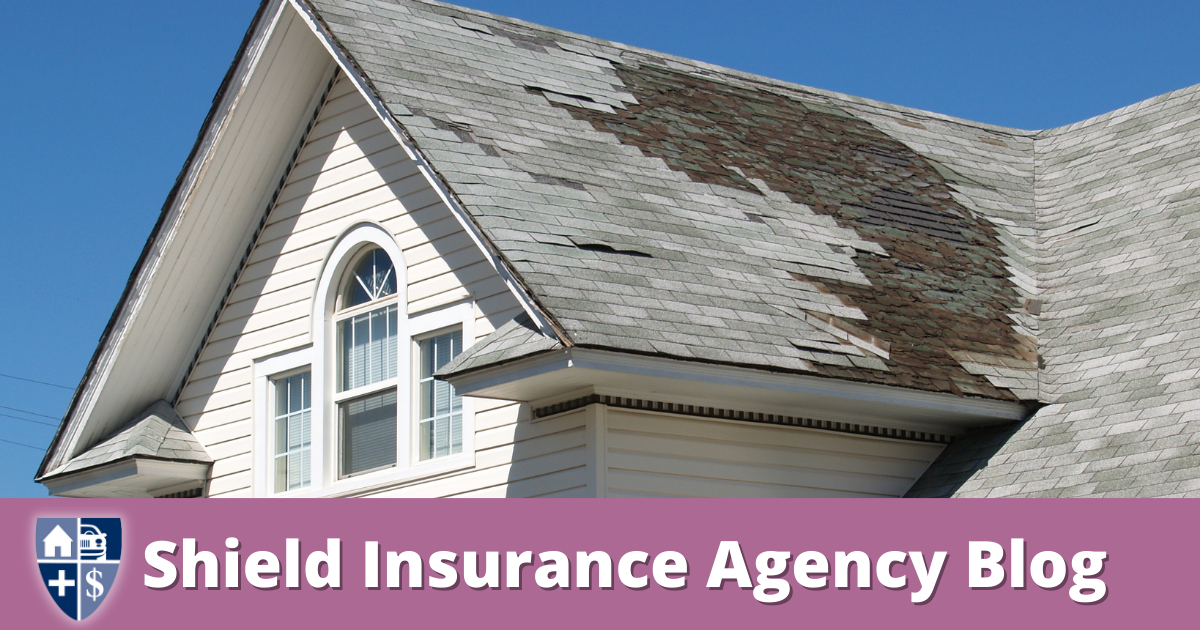
Love your Daddy! This Sun, Jun 18, 2023, is Father’s Day!
HISTORY.COM | MAY 15, 2023 | Father’s Day | Recreational Insurance | Start a Quote Today!
The nation’s first Father’s Day was celebrated on June 19, 1910, in the state of Washington. However, it was not until 1972—58 years after President Woodrow Wilson made Mother’s Day official—that the day honoring fathers became a nationwide holiday in the United States. Father’s Day 2023 will occur on Sunday, June 18.
Mother’s Day: Inspiration for Father’s Day
The “Mother’s Day” we celebrate today has its origins in the peace-and-reconciliation campaigns of the post-Civil War era. During the 1860s, at the urging of activist Ann Reeves Jarvis, one divided West Virginia town celebrated “Mother’s Work Days” which brought together the mothers of Confederate and Union soldiers.
Did you know? There are more than 70 million fathers in the United States.
However, Mother’s Day did not become a commercial holiday until 1908, when–inspired by Jarvis’s daughter, Anna Jarvis, who wanted to honor her own mother by making Mother’s Day a national holiday–the John Wanamaker department store in Philadelphia sponsored a service dedicated to mothers in its auditorium.
Thanks in large part to this association with retailers, who saw great potential for profit in the holiday, Mother’s Day caught on right away. In 1909, 45 states observed the day, and in 1914, President Woodrow Wilson approved a resolution that made the second Sunday in May a holiday in honor of “that tender, gentle army, the mothers of America.”
FEATURED
Why the Founder of Mother’s Day Turned Against It
Anna Jarvis, who founded Mother’s Day in 1908, passionately opposed its growing commercialization and eventually campaigned against the holiday.
Origins of Father’s Day
The campaign to celebrate the nation’s fathers did not meet with the same enthusiasm–perhaps because, as one florist explained, “fathers haven’t the same sentimental appeal that mothers have.”
On July 5, 1908, a West Virginia church sponsored the nation’s first event explicitly in honor of fathers, a Sunday sermon in memory of the 362 men who had died in the previous December’s explosions at the Fairmont Coal Company mines in Monongah, but it was a one-time commemoration and not an annual holiday.
The next year, a Spokane, Washington, woman named Sonora Smart Dodd, one of six children raised by a widower, tried to establish an official equivalent to Mother’s Day for male parents. She went to local churches, the YMCA, shopkeepers and government officials to drum up support for her idea, and she was successful: Washington State celebrated the nation’s first statewide Father’s Day on June 19, 1910.
Slowly, the holiday spread. In 1916, President Wilson honored the day by using telegraph signals to unfurl a flag in Spokane when he pressed a button in Washington, D.C. In 1924, President Calvin Coolidge urged state governments to observe Father’s Day.
Today, the day honoring fathers is celebrated in the United States on the third Sunday of June: Father’s Day 2021 occurs on June 20.
In other countries–especially in Europe and Latin America–fathers are honored on St. Joseph’s Day, a traditional Catholic holiday that falls on March 19.
Click here to enjoy a fascinating video of several Founding Fathers



























































